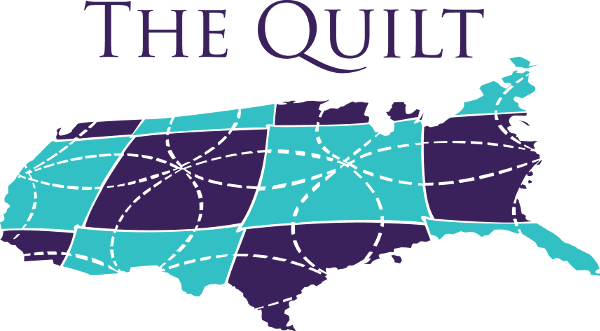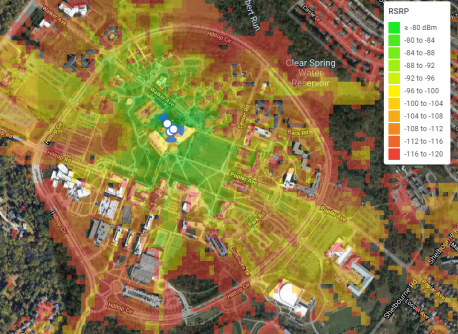Colleges and universities crave and require connection. Students must be able to complete research, Zoom into classes and collaborate with fellow students, even when those students are across campus or working from a remote location.
The University System of Maryland boasts some of the most technologically advanced campuses in the country, and the Maryland Research and Education Network (MDREN) helps to ensure students and faculty at the University of Maryland Baltimore County (UMBC) are at the forefront of networking and connectivity, leveraging Private LTE and 5G technologies.
According to MDREN executive director, Dr. Ray Barghi, the plan to launch the private LTE network over a CBRS 3.5G band began more than two years ago. But when COVID hit, the need became more acute. “With so much emphasis on remote learning,” explained Barghi, “we realized how critical this project was and that UMBC was the perfect location to develop a proof of concept that could scale to other institutions within and outside the Maryland system.”
Currently, most institutions rely on Wi-Fi networks that work within limited geographic spaces, which can create access, interference, coverage, and congestion issues for students. The new CBRS network, however, is better suited for larger spaces with the increasing demand for reliability, capacity, coverage, and security. It provides a better overall experience for students with a higher level of security due to data encryption and SIM authentication.
This type of network uses proven technology that has been used by national wireless operators for years to provide reliable, consistent service. Hardware is minimal, consisting of an evolved packet core (either an on-premise or cloud-based server), small cells (radios), and some end user equipment. Beyond seeing the occasional new radio antenna on top of a tall building, students really won’t notice the infrastructure that supports their network. However, they will notice faster speeds (even during peak hours), more reliable connectivity, free hotspots almost everywhere on campus, and fewer opportunities for cyber attacks or hacked accounts. Furthermore, students who don’t have Internet service at home or off-campus will also benefit from the use of Fixed Wireless Access over the CBRS network.
A number of campus-use cases were identified, and it quickly became clear that this network was uniquely suited to deliver services across the university setting. Among the capabilities the new network can support are video conferencing; high-speed downloads; video surveillance (campus security and facilities management); portable point of sale (retail spots and e-ticketing for school events); and outdoor classes and labs.
The pilot installation and testing phase took about three months to complete, but Dr. Barghi anticipates quicker follow-on efforts.
“We faced multiple challenges including COVID and supply chain issues, but we learned a great deal from this deployment and anticipate smoother sailing with future installations,” – Dr. Ray Barghi.
The Maryland Research and Education Network (MDREN) provides reliable, high-speed, and advanced networking services to education, research, and community anchor institutions throughout Maryland. We engage our membership to promote education, collaboration, and research to support their missions. MDREN also leverages the diverse, cumulative wisdom of our membership and strategic partnerships to remain relevant and respond to the ever-changing needs of our members.

